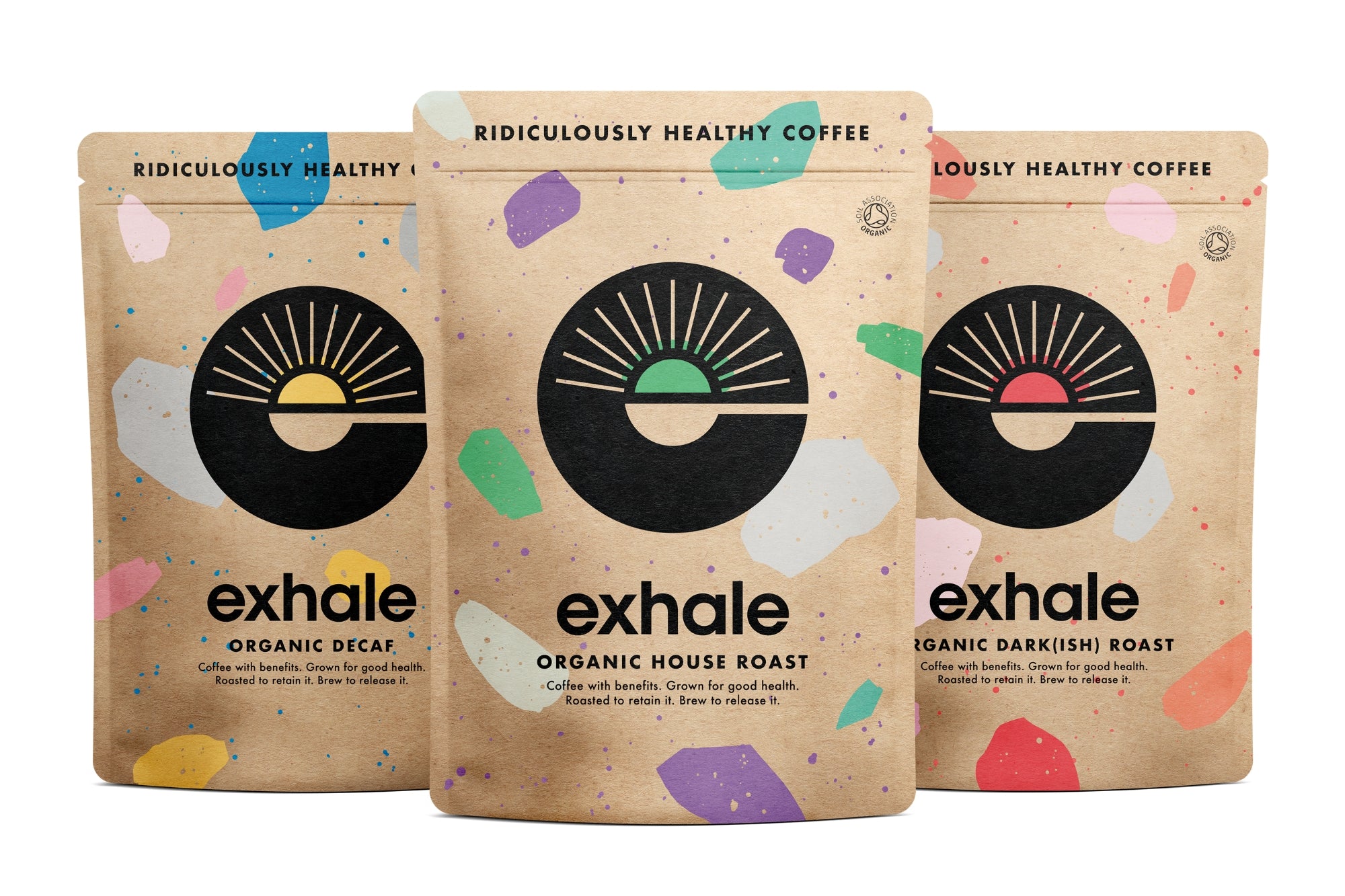Can we really improve our brain health with the foods we eat?
Science says so! The recently coined “MIND diet” combines key aspects of the Mediterranean diet and the DASH diet, both known to have a number of health benefits such as lowered cholesterol and a reduced risk of diabetes. This NHS-backed diet encourages greater consumption of foods such as; berries, leafy greens, nuts, fish, olive oil and tea or coffee.
On the flip side, the MIND diet suggests reducing foods such as; butter, cheese, red meat, and fried/processed foods (1).
Eat a diverse range of foods
Unfortunately, there is no singular food which can ‘boost’ our brain power, it’s more about eating a diverse range of predominantly plant-based foods (such as the those listed above) on a consistent basis!

How do these foods work?
So how do certain foods contribute to brain health? The positive effects of the MIND diet may be down to a few different pathways. The high antioxidant content of berries, leafy greens, and other fresh produce, enables the body to reduce the accumulation of free-radicals which in turn, reduces inflammation (2).
Inflammation and oxidative stress are key contributors to cognitive disorders such as Alzheimer's, along with increased cholesterol levels which may be associated with memory problems (3).
Polyphenols are also key compounds when discussing diet and brain health, with polyphenols shown to protect against neurotoxins and suppress neuroinflammation (5). Polyphenols are found in many plant-based foods and are generally present in higher concentrations in the skins or ‘outer layers’ of fruits and vegetables.
Exhale coffee is committed to ensuring their polyphenol content is maximised and measured, so you can be sure you’re getting a dose of brain-happy nutrients in every mug.

Lets break down some of the diets’ key components:
Berries: A great source of antioxidants! The diet recommends consuming at least 2 servings of berries per week. Flavonoids (a type of polyphenol) are the compounds that give berries their bright colours and are classed as anti-inflammatories. Blueberries are especially high in flavonoids.
Leafy greens: A great source of folate, lutein and Vitamin K! A number of studies have linked leafy greens to slower cognitive decline.

Nuts: The MIND diet recommends at least 5 servings of nuts a week. A key reason for their inclusion is the high omega-3 and antioxidant content, both linked to improved brain health. Walnuts in particular have been shown to reduce the risk of dementia risk factors such as type 2 diabetes and cardiovascular disease (4).
A myriad of health benefits
It’s important to remember that research is always ongoing, and the MIND diet is generally still quite young (first described in 2015). The large studies which first put the MIND diet on the map were observational, meaning they can show associations but can’t prove cause and effect. Though as the diet is a combination of the Mediterranean and the DASH diet, the MIND diet is most likely to have a myriad of health benefits even aside from cognition.
by Sophie Medlin, consultant dietician and Director of City Dieticians.

For your daily dose of brain supporting polyphenols and antioxidants shop Exhale's healthy coffee today.
References
- https://www.healthline.com/nutrition/mind-diet#TOC_TITLE_HDR_4
- https://www.pacificneuroscienceinstitute.org/brain-health/specialty-programs/healthy-aging/brain-health-diet/
- https://www.alzheimers.org.uk/about-dementia/risk-factors-and-prevention/mediterranean-diet-and-dementia
- https://www.ncbi.nlm.nih.gov/pmc/articles/PMC7071526/#:~:text=Substantial%20evidence%20from%20animal%20and,for%20the%20development%20of%20dementia.
- https://www.ncbi.nlm.nih.gov/pmc/articles/PMC3372091/#:~:text=The%20neuroprotective%20actions%20of%20dietary,%2C%20learning%2C%20and%20cognitive%20function.






Leave a comment
All comments are moderated before being published.
This site is protected by hCaptcha and the hCaptcha Privacy Policy and Terms of Service apply.